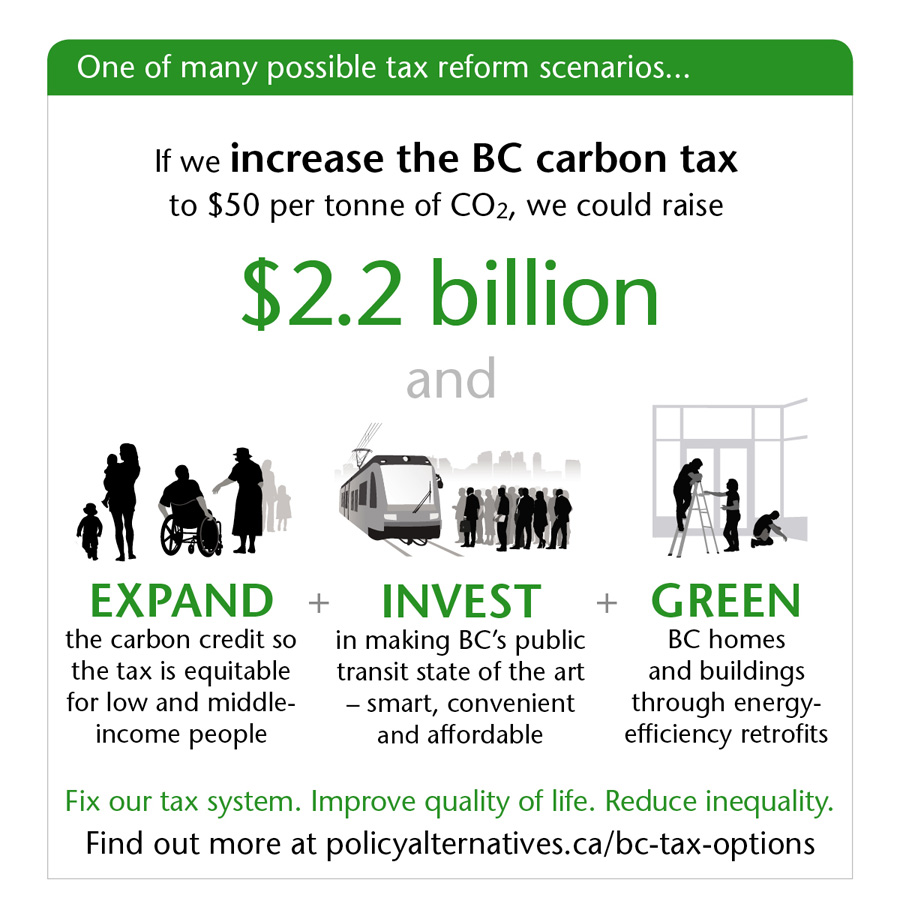
Trudeau is enforcing increases in consumer goods on all Canadians (with only 40% of the vote) through a tax on carbon. This tax comes almost a week after approving a Liquid Natural Gas (LNG) project on the coast of British Columbia worth an estimated $36 billion.
The LNG project comes a year after an election in which Justin promised a Liberal government that was going to take the environment much more seriously. Welcome to a majority Liberal government, where everything that can be gotten away with will be, while steps are taken to make the world a better place.
A carbon tax is a price tag on greenhouse gas emissions (GHG) which seeks to influence the market in a way that discourages environmental damage. Since each fossil fuel (coal, oil, natural gas, etc.) varies in the amount of GHG it emits, price increases differ for each one, with coal seeing the greatest increase. This is tax is not a bill sent directly to consumers at the end of each month, rather it is something that will be applied to all goods that directly emit GHG.
The carbon tax itself is to be implemented in all provinces by 2018. The Trudeau government has suggested that the tax begin at 10$ a ton (of carbon emissions), a price that is to increase by 10$ every year until 2020. Whether the money generated from the tax is invested back into environmental work or into other government initiatives seems to be something that Trudeau is leaving to the provinces.
Let us address the negative aspects of a carbon tax. The first being that it puts the burden of addressing climate change on the average consumer, as opposed to clandestine corporations operating in the shadows. It is good to note that since all goods involve carbon emissions in some way, that this will affect other goods and services such as food that needs to be transported across nations and oceans.
A study conducted in 2012 estimated that a carbon tax of 50$ per ton could increase gasoline costs by as much as 11 cents per litre at the pump. How this will affect low income families is also up for scrutiny, considering that the tax is not targeted. Another question is how this could disproportionately affect already astronomical food prices for First Nations communities who need to airlift their food in. British Columbia combats this by offering a low income tax credit that would exempt the less privileged from this carbon tax.
Perhaps the biggest misconception about enforcing a carbon tax is the notion that it is inherently environmentally friendly. It is not. A country-wide carbon tax does not revoke pipeline deals, it does not keep old dinosaurs in the ground, nor does it address environmental damage associated with carbon emissions. A carbon tax narrows a vision of protecting the environment down to the single variable of our carbon footprint. Addressing carbon emissions is just one part of the battle that we want our prime minister to fight. This struggle also includes dwindling groundwater reserves, loss of biodiversity in both animal and plant life, and toxic runoff associated with the mining and agriculture industries.
However, there are positives and most of them have to do with Canadians in general. The central reason why a carbon tax works is because Canadians have gotten to a point where most identify as tax-paying consumers before they would as a citizen. As a result of this, Canada has become oriented towards consumption. This carbon tax is just as right-wing thinkers say, bad for the economy, and the average consumer. Unfortunately, the economy and the average consumer are bad for the environment, and a tax is an effective way to do something about that.
The inconvenient truth is that Western nations are the largest per capita consumers on the planet. Nations that are allied with NATO not only have the largest carbon footprint domestically, but their consumer culture also fuels the carbon footprint in other countries as well. Would China need to keep its factories running 24/7 if the global north didn’t create a demand for the clothes/toys/phone parts produced there? Fabrics for Americans in 2006 accounted for about 19 tons of GHG; if a 10$ carbon tax were applied that year, on fabrics alone it would generate over half a billion dollars in revenue to be reinvested into literally anything.
At the end of the day, the Liberal government is going to give people itchy heads. Investing in pipelines is not what the millennial population signed up for when they made a historic electoral showing for Trudeau.
A carbon tax is a nice consolation prize though, and Canadians concerned with the environment should pin this participation ribbon on the board.

